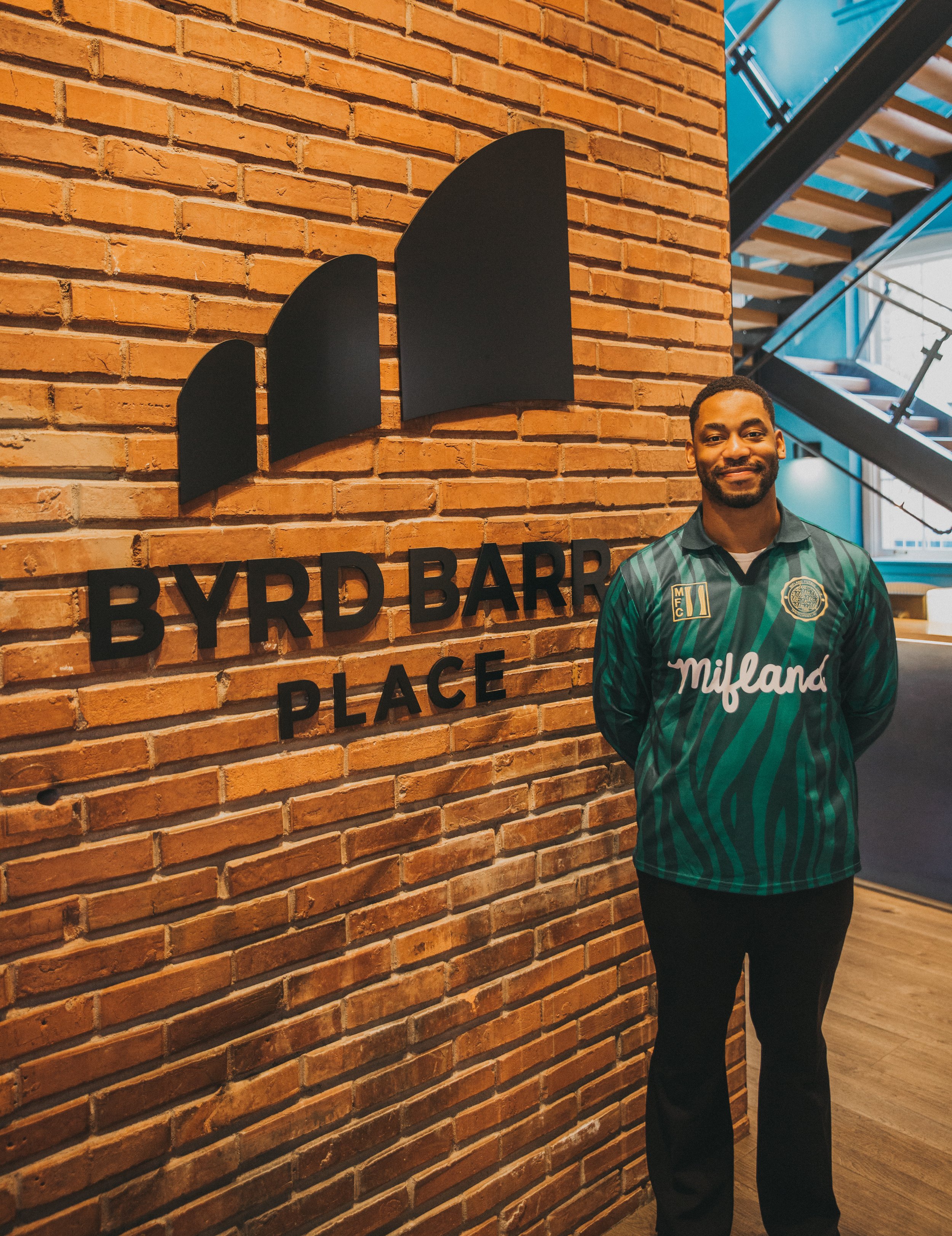
Advancing financial education through engaging, relatable and personalized content.
Measuring Impact
As part of College Money Habit’s continued efforts to transparent evaluation practices, we have analyzed the performance data from our 2023-2024 financial literacy education programs with Byrd Barr Place.
Our evaluation offers insight into the impact of our programs amongst, youth, adults and even retirees. More importantly, this evaluation will highlight how our prgram has not only impacted the knowledge, but also the behavior of our program participants.
In partnership with Byrd Barr Place, we focused on the following objectives:
Improve the level of confidence participants have with investing in the stock market
Increase the amount of participants who utilize high-yield savings accounts
Reduce financial anxiety and enable participants to feel confident and excited about their future
The program effectively addressed critical aspects of financial literacy, empowering participants with practical knowledge and confidence. It showcased substantial improvements in budgeting, credit awareness, and investing confidence, underscoring the value of tailored financial education.
To see our key findings, check out all the amazing information below!
2023/2024 College Money Habits Impact Evaluation Findings
Participant Demographics
We’ve worked with a broad range of indivials from various backgrounds! A majority of our participants are low-income and ALL resided in the state of Washington. Demogrpahic information is self reported by participants as part of the pre-course survey. For privacy reasons, we did not gather race and ethnicity information.

College Money Habits’s Financial Education Program
About This Report
To assess leaner knowledge and the development of healthy financial habits, we survey participants before and after the program to see how they feel, obtain feedback, and learn what aspects of the program helped them the most.
Participants ages 13-17 were only surveyed after the program for our pilot. Below, we highlight the order of events with the College Money Habits Financial Literacy Program.
-
It all begins with a survey! We start by having all participants answer questions to help measure, confidence, habits and demographics .
-
Our programming has evolved as we use feedback to improve our offerings. To meet the needs of different learning styles, we incorporate virtual workshops, surveys, quizzes, e-courses, and private coaching to teach individuals the importance of healthy money habits.
-
Our 6-question financial assessment helps us measure the learnings and knowledge of participants following the program.
-
This assessment measures behaviors, habits, and course feedback. Using many of the same questions asked during the pre-survey, we are able to assess improvements in behaviors and habits.
Financial Behaviors (Adults)
By utilizing E-Courses, Private 1:1 Coaching, and Workshops, we worked to create positive budgeting habits with our program participants. Our results show the program effectively empowered participants to implement or consider implmenting budgeting practices.
83% of participants reported having a budget after the program
12.5% expressed newfound confidence in creating a budget
Only 4.6% were unsure how to create a budget, or did not have one
What People Are Saying
“The program helped with specific strategies to achieve my financial goals. I opened a High-Yield Savings Account. Also because of this program I am now confident to start my investment journey.”
— Pilot Program Participant
“Obi was a great contributor towards my growth throughout this program. He was extremely friendly and helped break down the mental barriers I had towards budgeting as I didn’t feel I had the resources available to save. His openness and ability to empathize with me allowed me to see things from a different perspective and for that I am extremely grateful.”
— Pilot Program Participant
“Your encouragement really motivated me stick to my goals, especially when I felt overwhelmed. Keep that positivity coming! I also enjoyed when you discuss real-life scenarios that young people face like budgeting for a weekend or saving for a concert”





